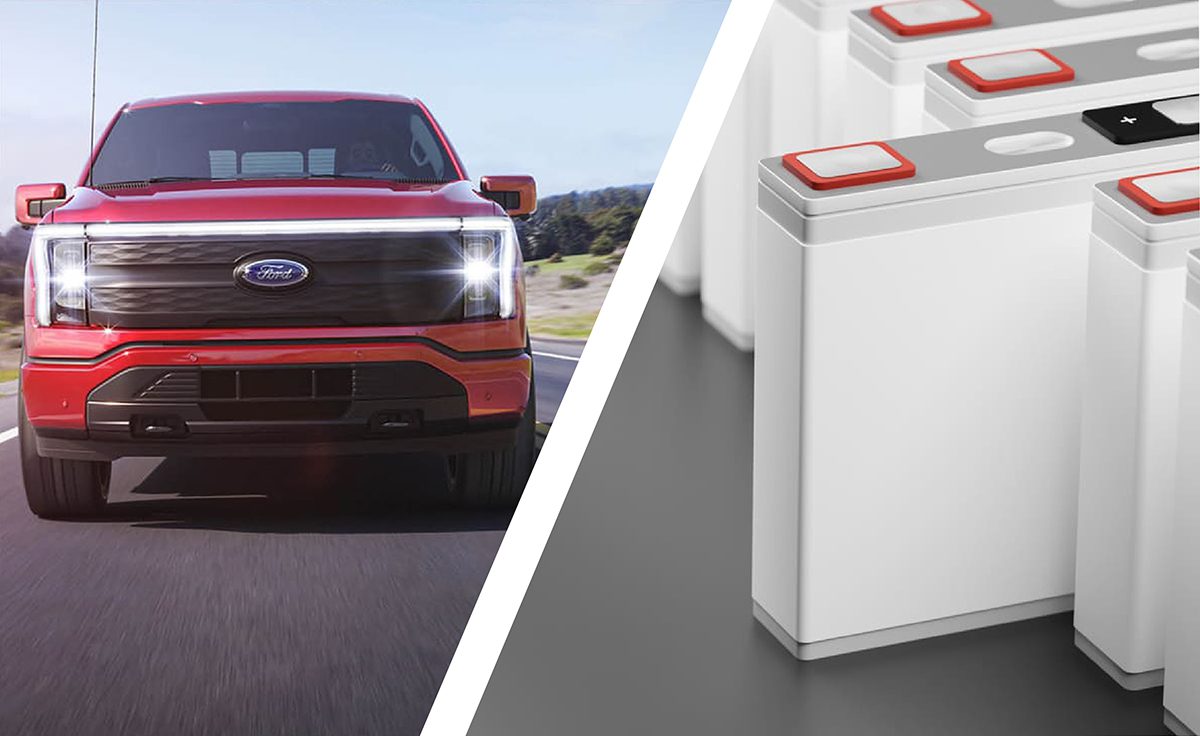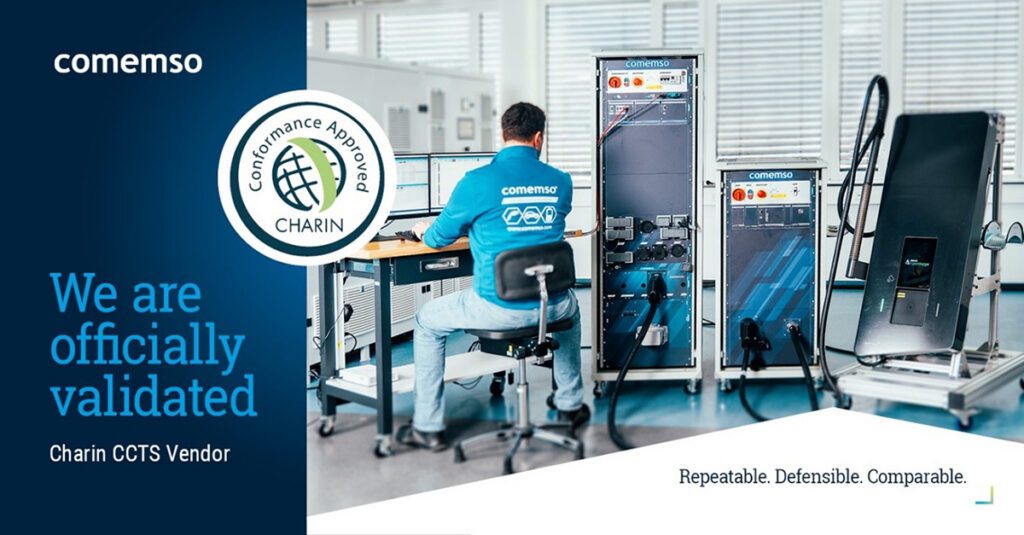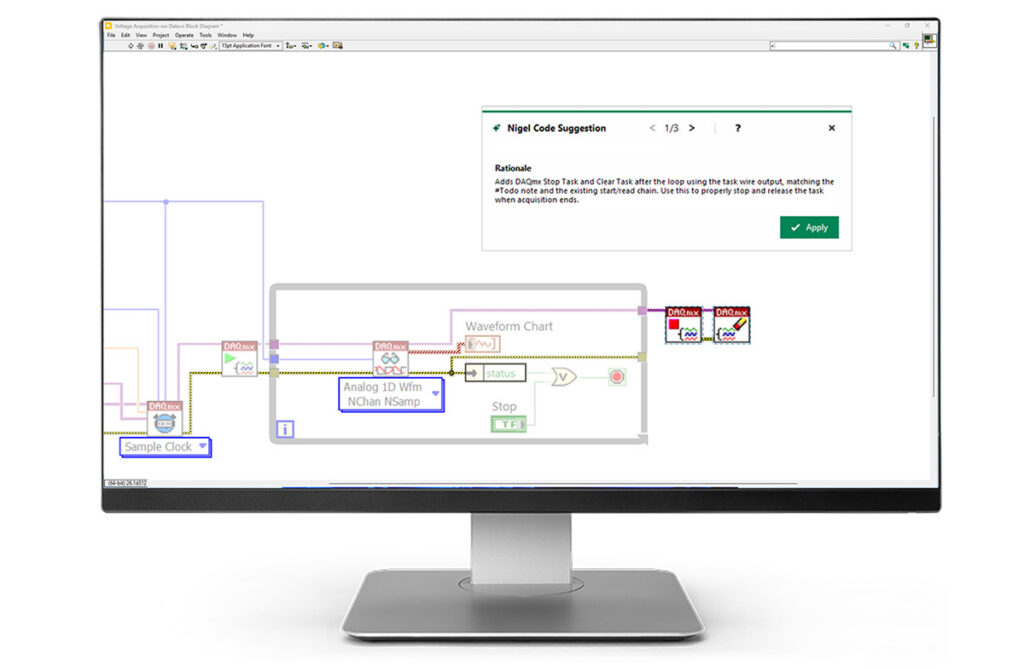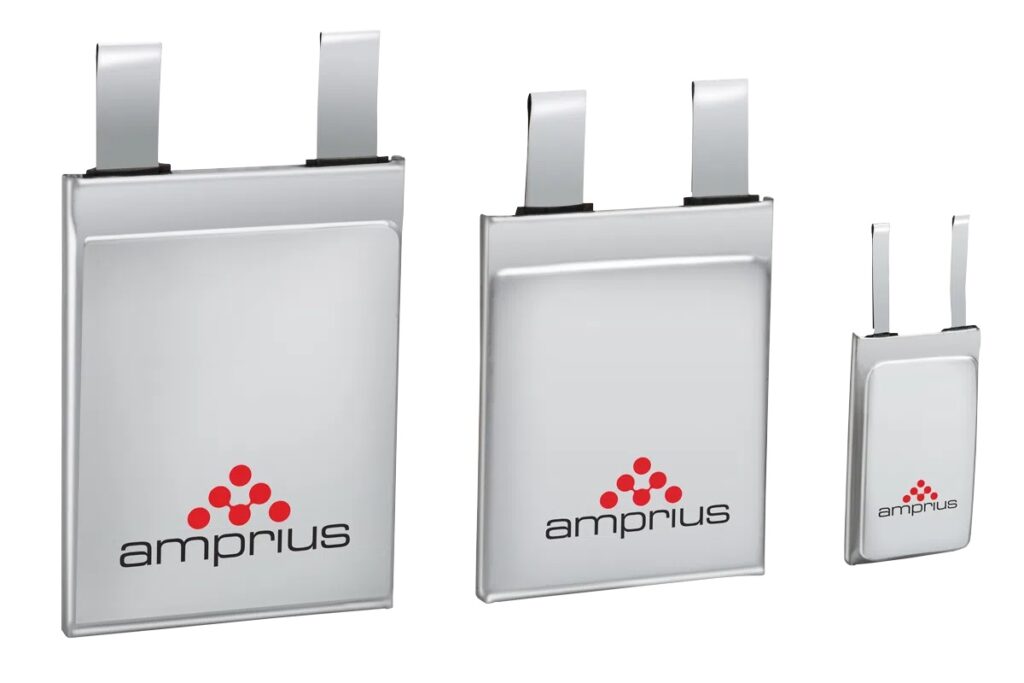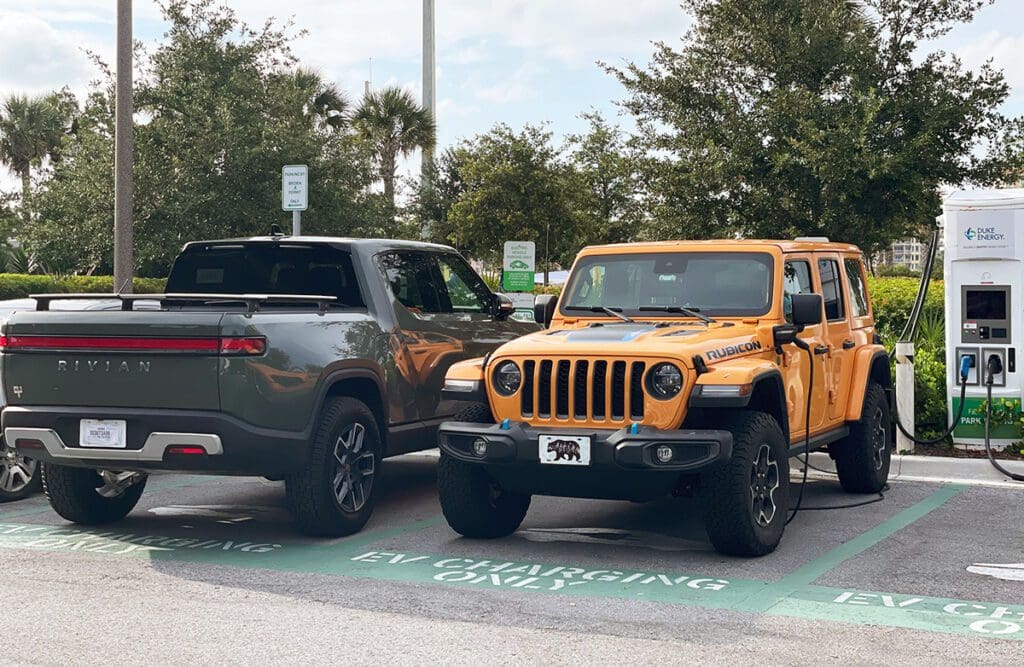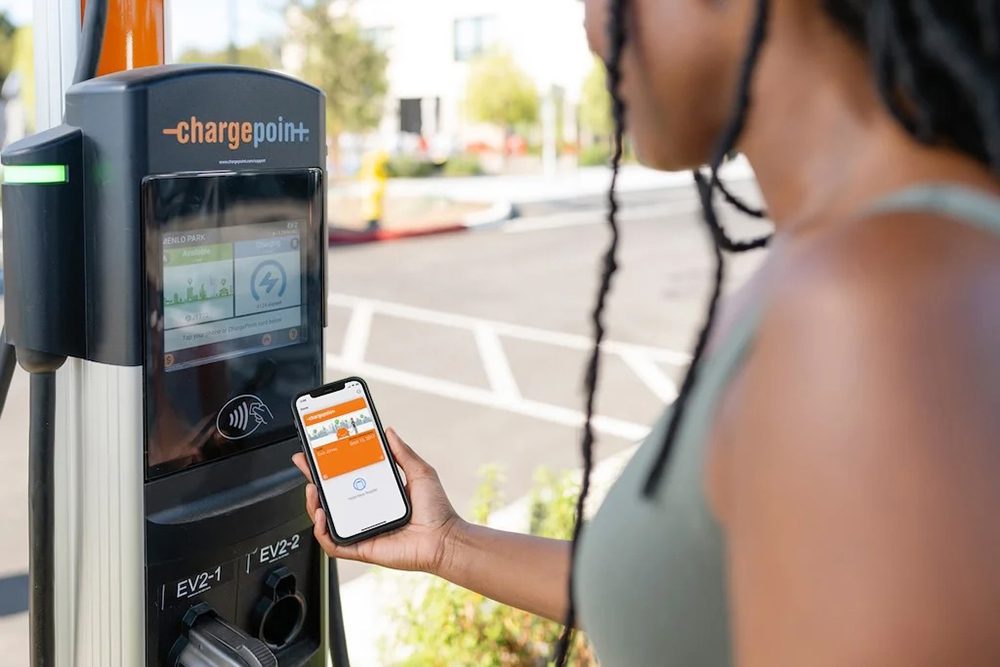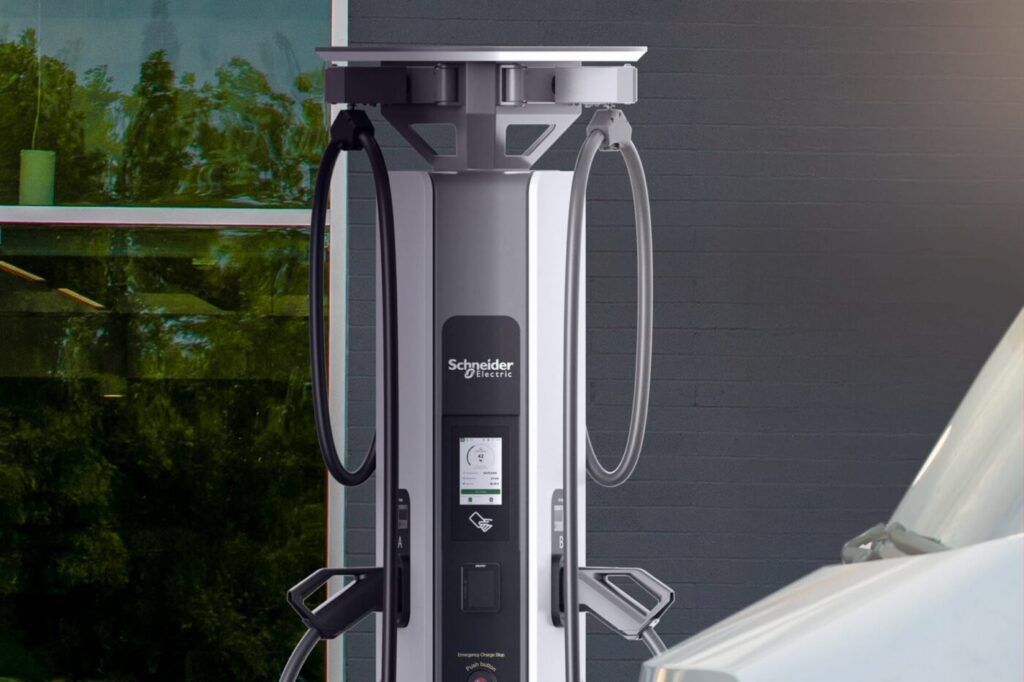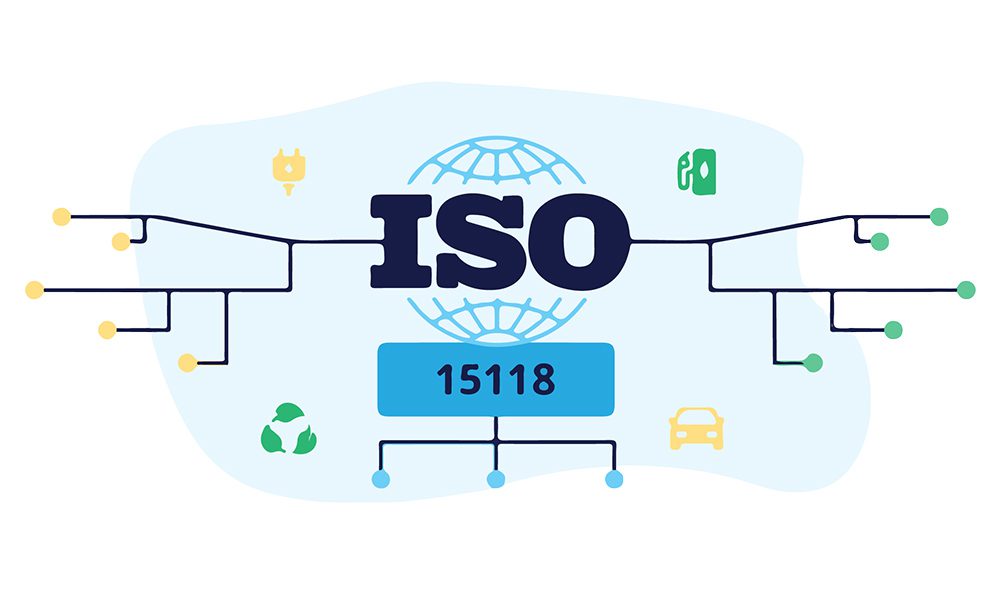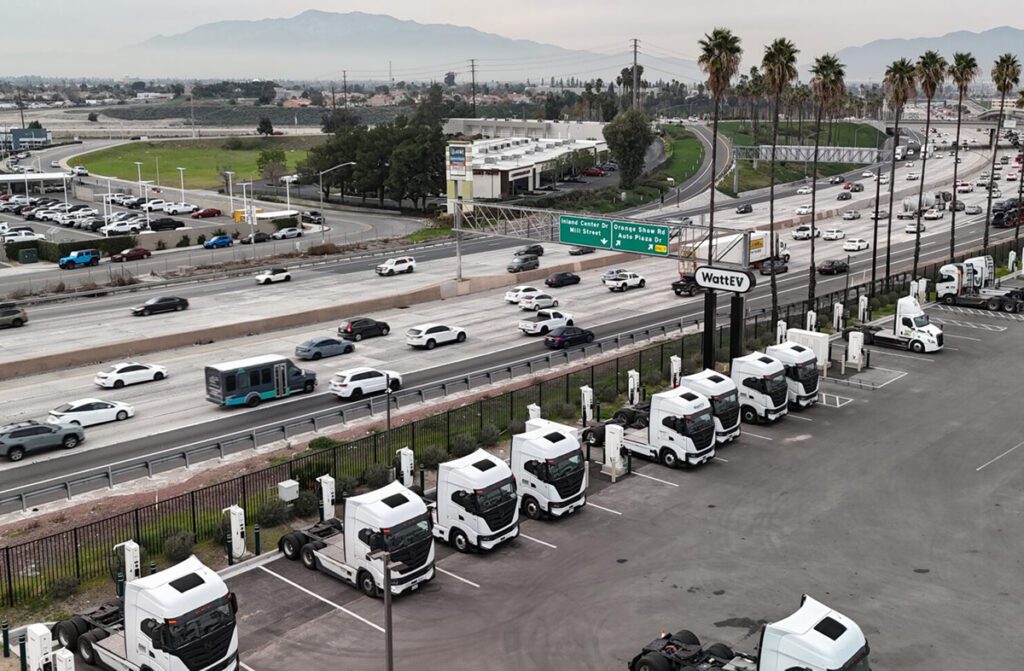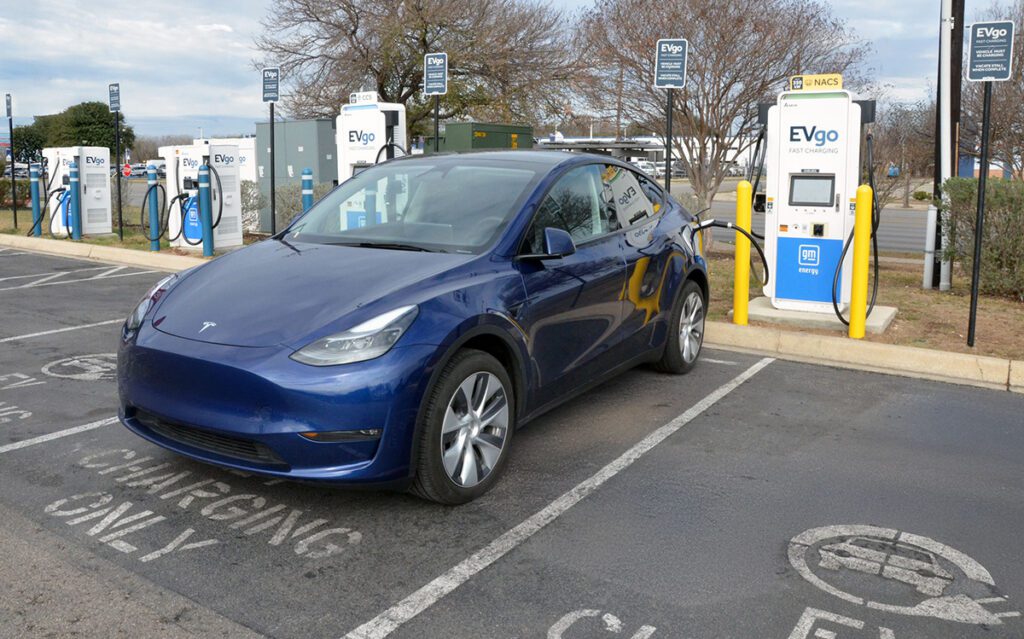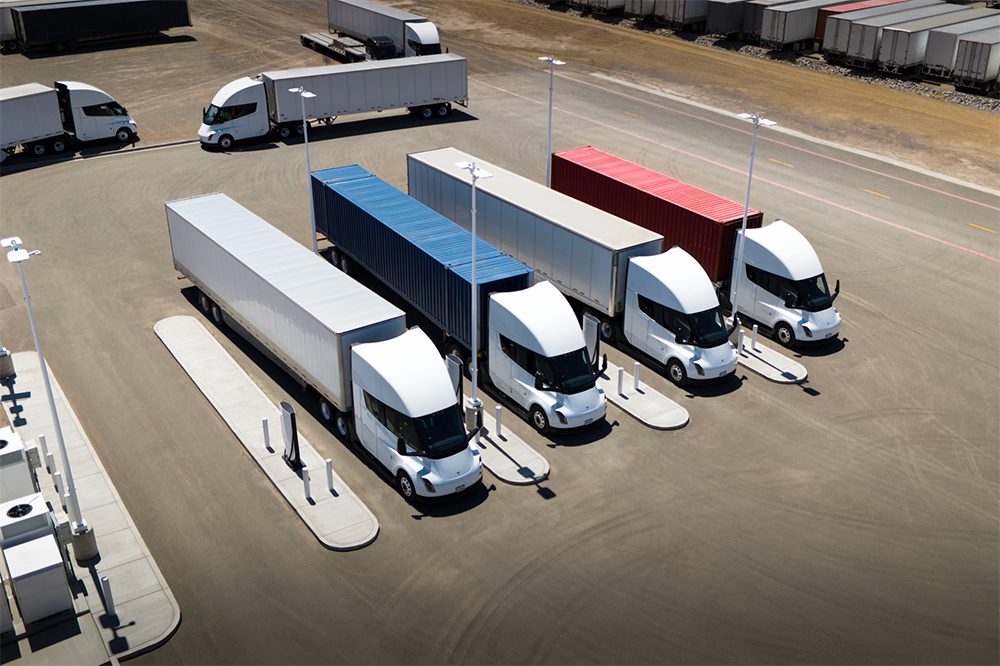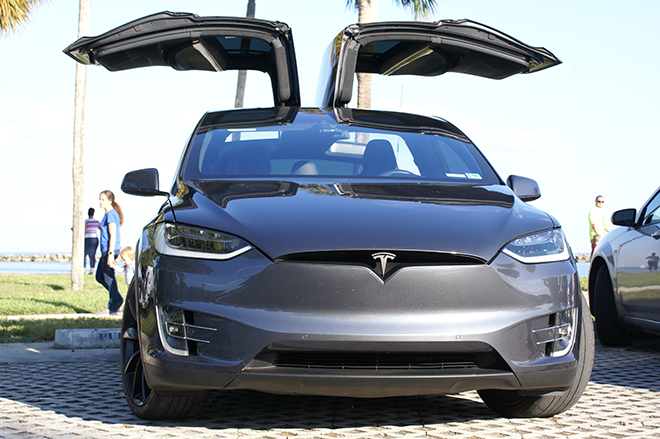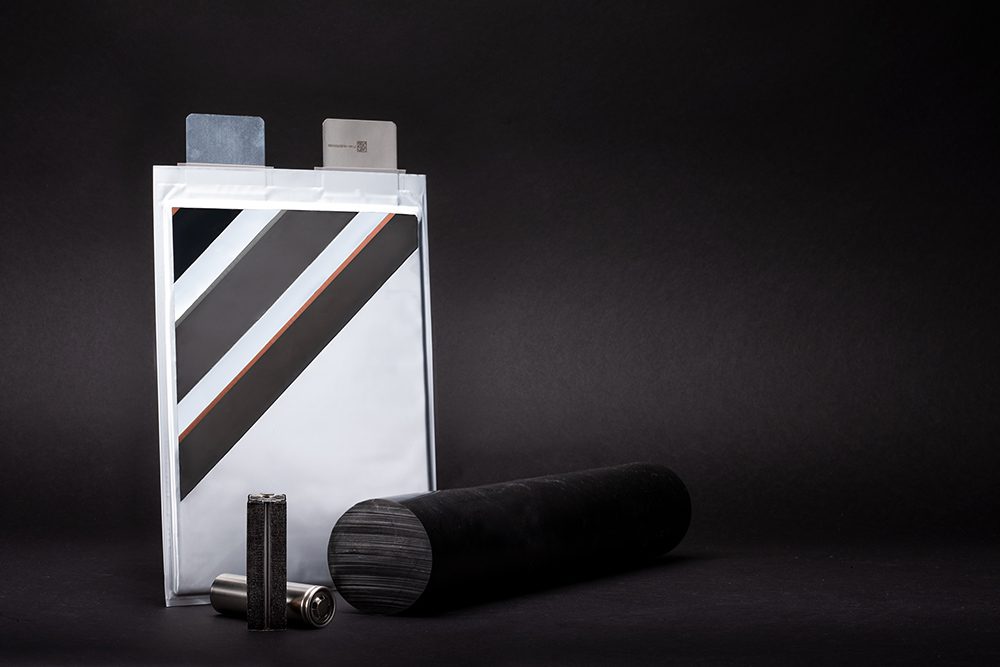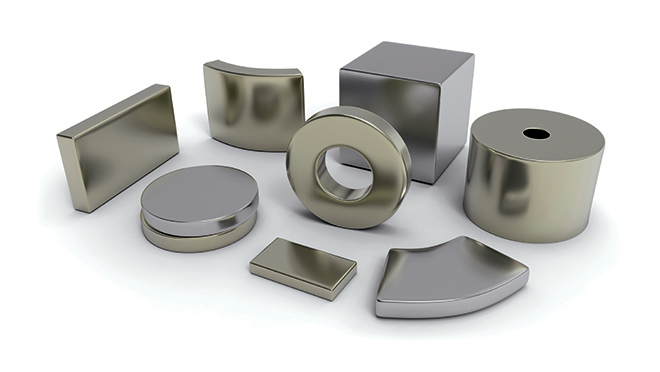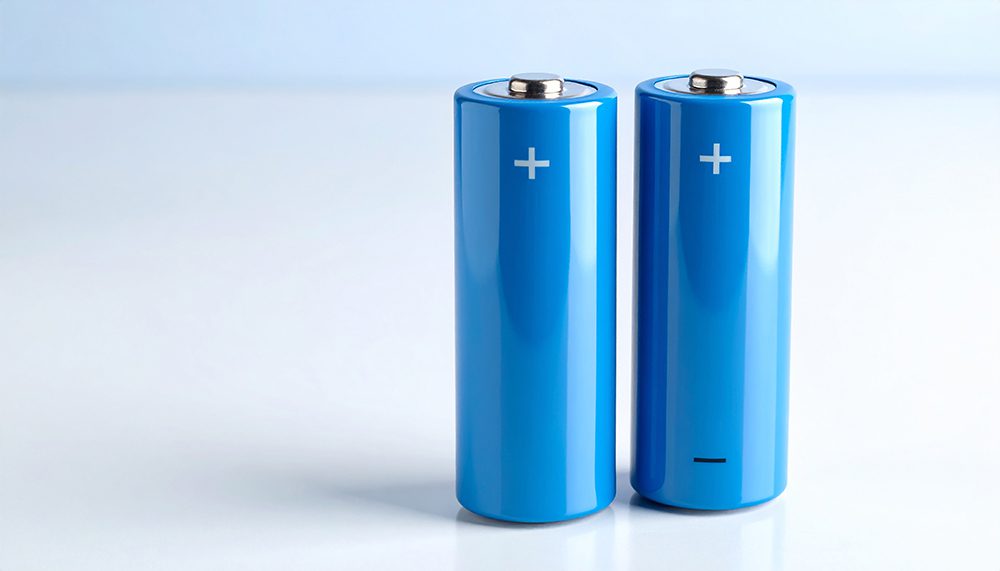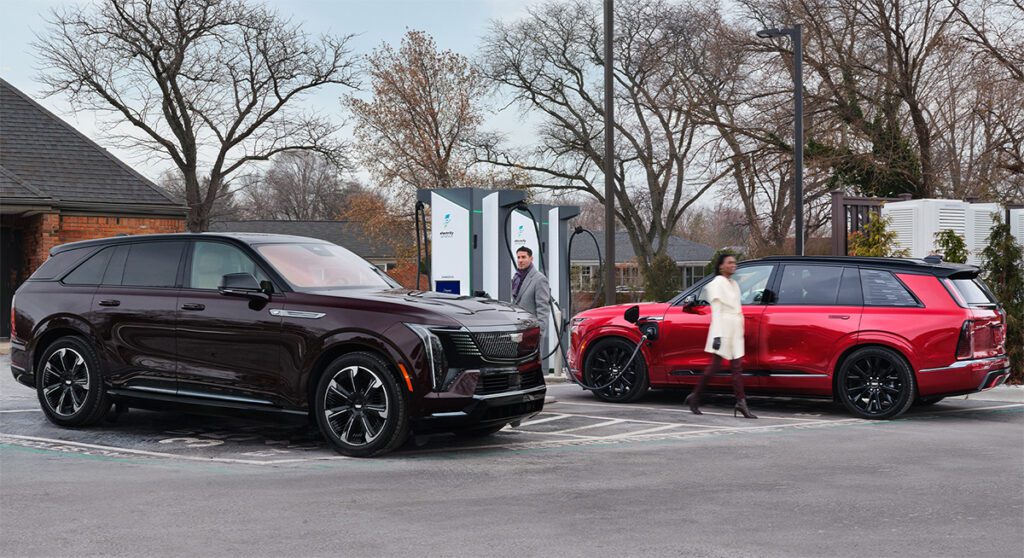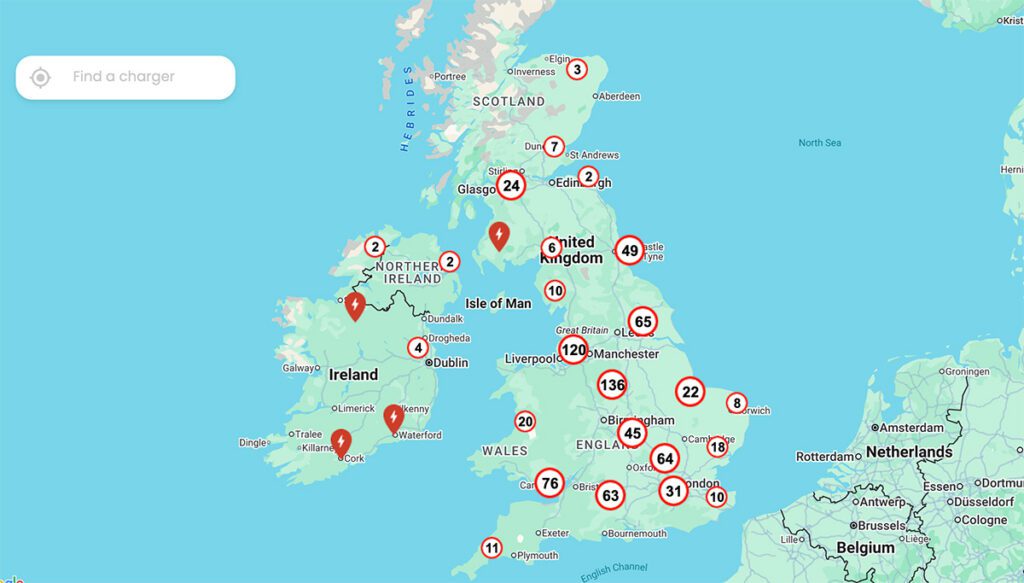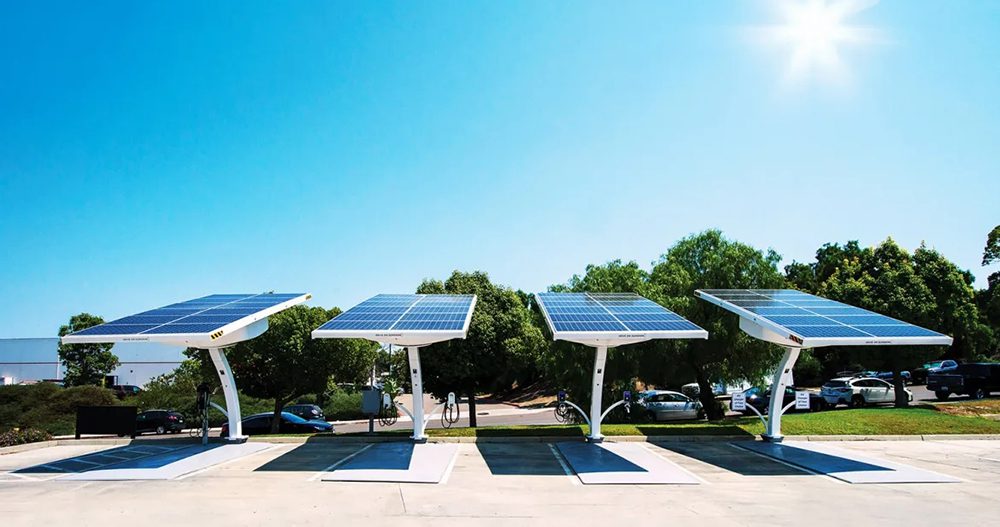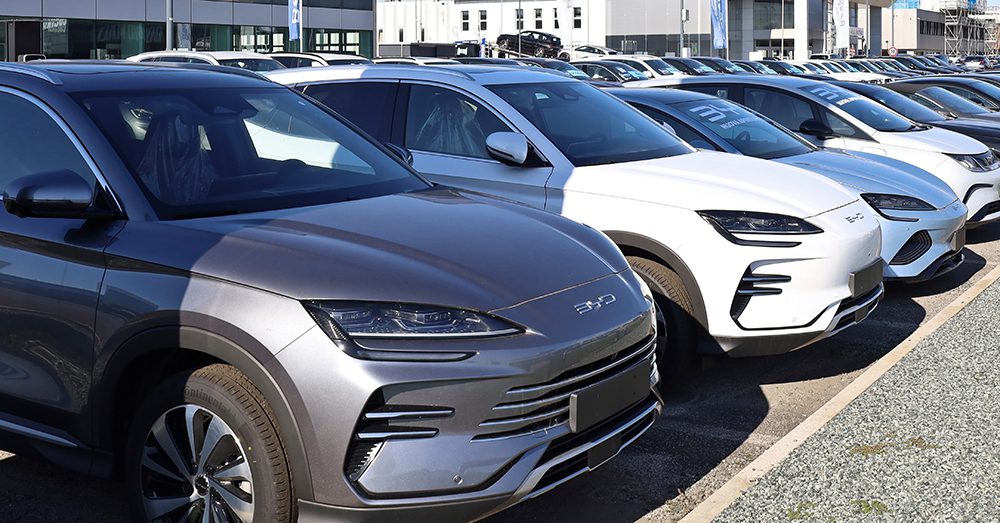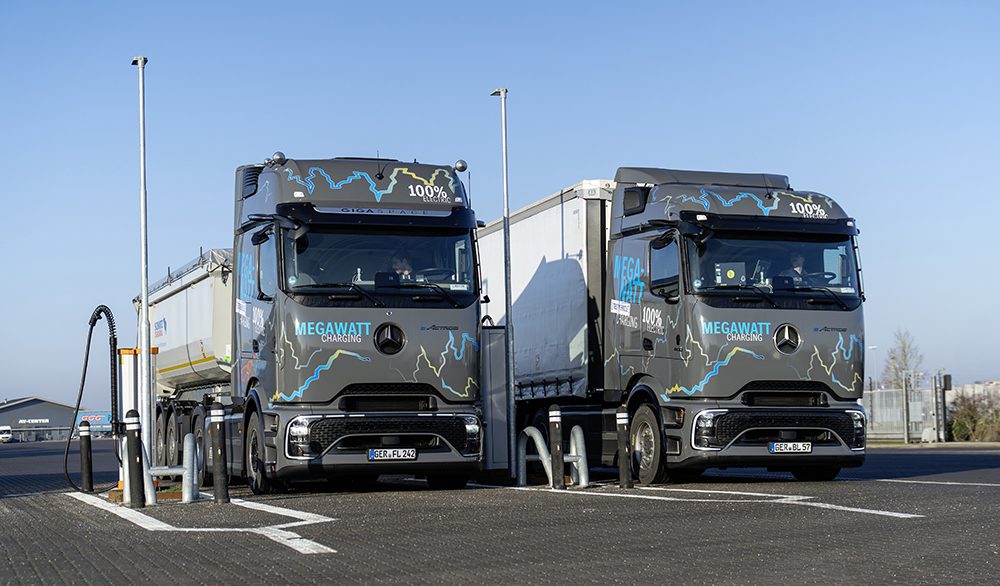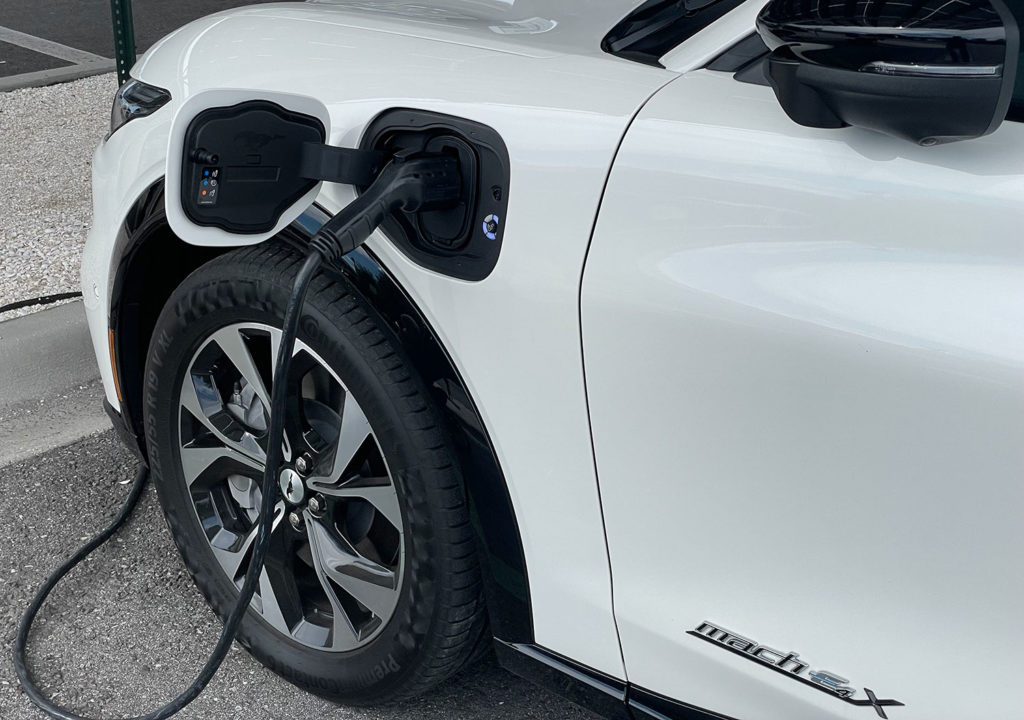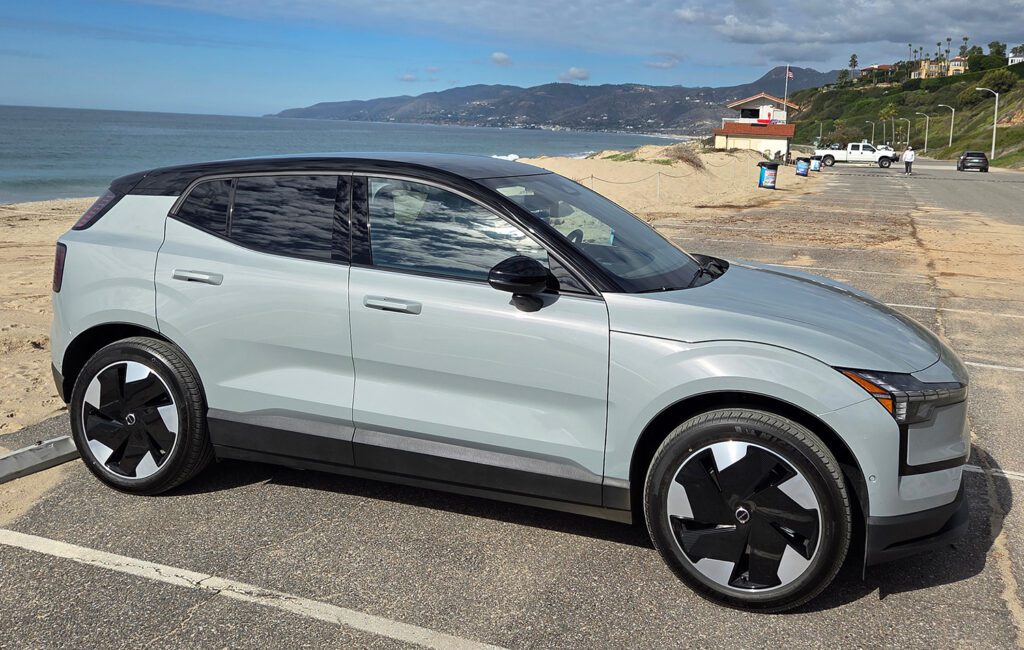Legacy automakers know that EVs are the future—but as public companies, the only future they can plan for is next quarter’s earnings report. As the current US administration slashes support for new technologies, automakers have been mostly silent, and some have quietly scaled back previously-announced electrification plans.
So, it’s refreshing to hear that Ford still hopes to complete a new LFP battery plant it’s building in Michigan, even if Congress makes the project ineligible for tax incentives.
The $3-billion plant, in Marshall, Michigan, uses technology that Ford licensed from Chinese battery maker CATL. Tax credits for US battery plants provided under the Inflation Reduction Act could offset about a quarter of the cost of the plant, Ford execs said.
However, a bill making its way through Congress would ban federal support for battery plants that use technology from China. Ford says losing the credits would have a “very material” effect on the plant’s financial performance.
“We don’t want to back off on this facility,” Lisa Drake, VP of Ford’s Technology Platform Programs and EV Systems, told reporters. “It would really be a shame to build these facilities and then all of a sudden have to scale back on the most important part, which is people.”
Ford’s plant is scheduled to start production in 2026 and is expected to create 1,700 jobs.
Several other US battery plants under construction use technology from suppliers based in South Korea or Japan, which are not targeted by the bill.
Ms. Drake said Ford probably would have built the plant outside the US if not for the tax credits provided by the Biden administration’s IRA. She also noted that manufacturing machinery for the plant, now in transit from China, will be subject to higher tariffs than previously expected.
A White House spokesman told the New York Times: “Our autoworker community strongly supports the president’s agenda and stands with him every step of the way.”
Well, maybe not all of the autoworker community. David Green, Director of the United Auto Workers region covering Ohio and Indiana, recently wrote in The Ohio Capital Journal: “Repealing clean vehicle tax credits alone could reduce EV sales as much as 40 percent by 2030, and could result in the idling of existing assembly plants and the cancellation of many planned EV battery manufacturing facilities. The irony is stark and painful: thousands of battery workers have just voted to unionize, ensuring their jobs are high-quality and family-supporting. Now congressional Republicans are voting to kill those very same jobs.”
Sources: New York Times, Washington Examiner, Ford







